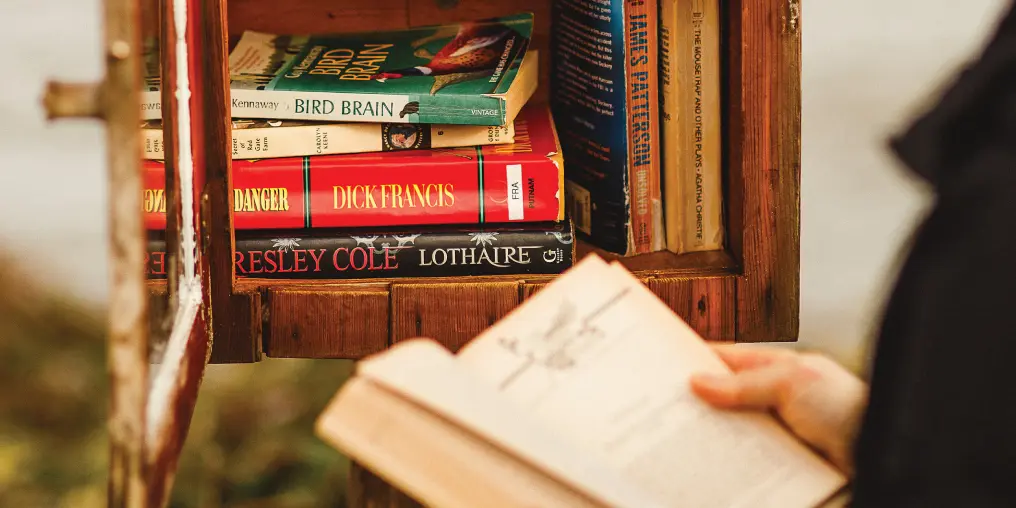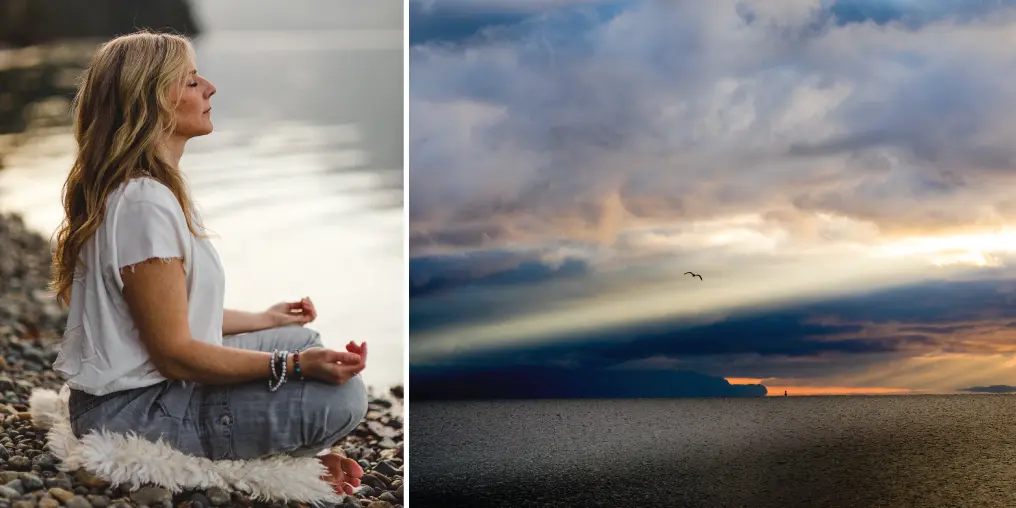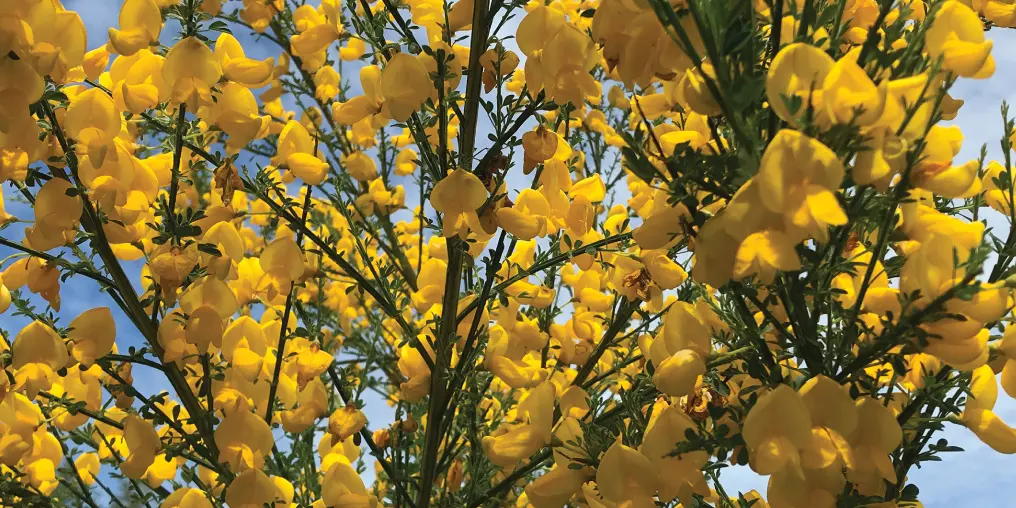A FLOCK OF OUR OWN
Two years ago, we moved from Cumberland to Black Creek and brought our small flock of hens with us. Having always dreamed of my own hobby farm, I knew I wanted more birds, so I built a larger coop on the property before we even moved.
Soon, we acquired three Welsh Harlequin ducks from a local farmer. They love to swim in the natural bodies of water on our property and are great foragers, gently eating insect pests from off my garden plants as they move through the yard. It is a wonderful symbiotic relationship.
So it was an easy yes when a colleague asked if I could take a couple of Muscovy ducks they had found wandering their neighbourhood. And then, one day, I looked in my backyard and a turkey had joined the flock. (I am still not sure how it got there.) Then a friend of a friend reached out with some hens needing a home. Soon after, I started the Odd Bird Farmstand to sell eggs and plants to cover the ever-growing feed bill.
All our birds come to us with a story. My favourite Muscovy drake, Moe, arrived after he was hit by a truck. He has lost an eye and one of his wings is permanently deformed, but there is plenty of life left in him. He keeps the younger boys in line, takes a special interest in any babies on the property, and sleeps in front of the coop door each night to keep the flock safe from potential intruders.

We get to christen some new arrivals. Our rooster has a purple tint, so he’s named Harold, after Harold and the Purple Crayon. Solstice the duck was picked up off the road on the winter solstice. My daughter named one drake Prince Quacker-Smack.
After living with and observing these creatures for years, I’ve learned they have relationships, feelings, character, thoughts, and moods. Many of them form distinct bonds and friendships. We recently buried Star, one of our oldest hens; her longtime companion, Bilbo, stood graveside observing the entire burial process.
Birds bring our family many gifts: free-range eggs, natural pest control, a built-in alarm system, manure to help our gardens grow, and hours of fun (they are incredibly entertaining to watch). Some of our flock have endeared themselves deeply to me. My Muscovy duck Shannon likes to join me in the garden, and my hen Moon will always sunbathe with me.
Dreaming of a flock of your own? Read on …
I’ve lost count of how many ducks, roosters, hens, and even turkeys I have taken in. Dumped and neglected birds seem to be a regular and increasing occurrence, and sadly, when I encounter such birds, they are attached and dependent on people, meaning that, at one point, they were well cared for.
Backyard fowl raising has become a popular hobby. A million social media accounts romanticize the homestead lifestyle, showcasing cute baby ducks, snuggly pet chickens, colourful eggs, and pristine boutique coops. But many people who acquire backyard chickens don’t consider what farmers are well aware of: raising livestock, even as a hobby, is not for the faint of heart.
A chicken can live over ten years; a Muscovy duck can live well past twenty. The novelty of an unconventional pet can wear off, but the responsibilities—cleaning, early mornings, letting them out and in, providing fresh food and water, and having to close the coop door every single evening—persist.

Most farmers won’t hesitate to cull, but people who have raised birds as pets usually can’t bring themselves to do so, or don’t know how. A responsible hobby keeper knows that you either make a commitment to keep them until their natural end or have a plan for what to do if you are longer able or willing to keep them. They deserve that respect and dignity.
Abandoned birds may starve in the wild. Or they may get picked off by predators, which can result in the predator catching a communicable disease, or worse, developing a taste for livestock which may lead to their being destroyed by a farmer protecting their animals. There is no happy ending when a domestic animal is left to fend for itself.
Each time a new bird arrives, I swear it is the last one. Sometimes I have to turn birds away; ever conscious of my finite space and resources, I play a delicate dance between helping the birds I can save and providing for those I already have. I try my best to find homes for those I am unable to house. In a perfect world, I would not take in any more birds, but this is not a perfect world.
If you are willing and able to commit to the entire life cycle of a farm fowl, I can’t speak highly enough of the joy they can bring. For our family, this symbiotic relationship of caring for them and being able to witness their life cycle, from egg to elderly bird, is a gift.






